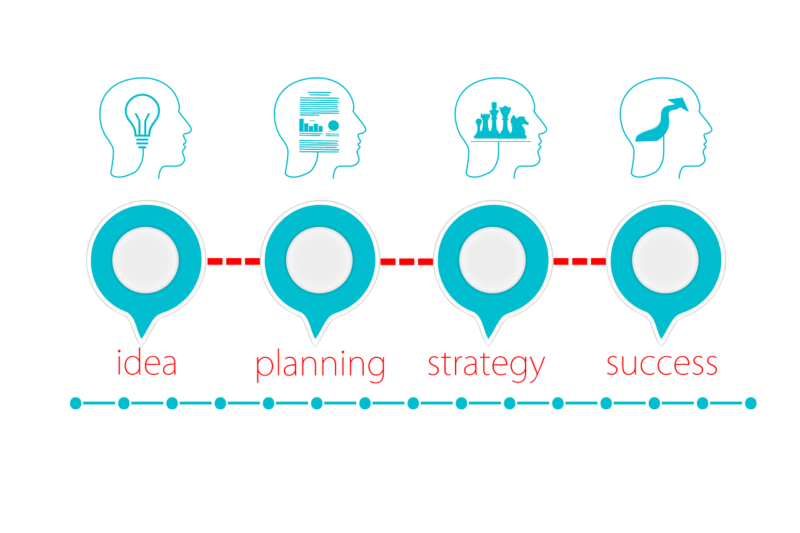On 19 Feb 2021, I spoke about how to build a career in cybersecurity at the Women4Cyber Masterclass with a Role Model. Happening every month, the Masterclass aims to highlight the achievements and expertise of women who shape cybersecurity in the EU today. Women4Cyber is a non-profit European private foundation with the objective to promote, encourage and support the participation of women in the field of cybersecurity. The strategic objectives and actions of the Foundation are supported by the Women4Cyber Council, an ad hoc advisory body, of which I am a proud member.
Yes, girls outperform boys at school. Yes, women managers outperform their men counterparts at work. Watt zillion initiatives exist to encourage more entry-level diversity. But how many initiatives exist to tackle the leaky pipeline?
So, is there a perfect profile to build a career in cybersecurity? Or is it more of a perfect combination of skills? How, as a woman, do we tackle ambition? Let’s talk about navigating those avenues because helping other women move forward with their career is good business.
The effort is there, but why doesn’t it transform into fast change? Cultural change for gender equality requires system change. It is not just about women “leaning in”. It is also about men reaching out and stepping aside. You can invite a diverse crowd to a party; but then, you also need to invite them to dance.
A summary of the discussion and the recording are also available over at the Women4Cyber Foundation website. Below are the full notes of what I discussed along with additional notes we didn’t address. Hope that helps!
🎧 Listen to this post!
Continue reading


